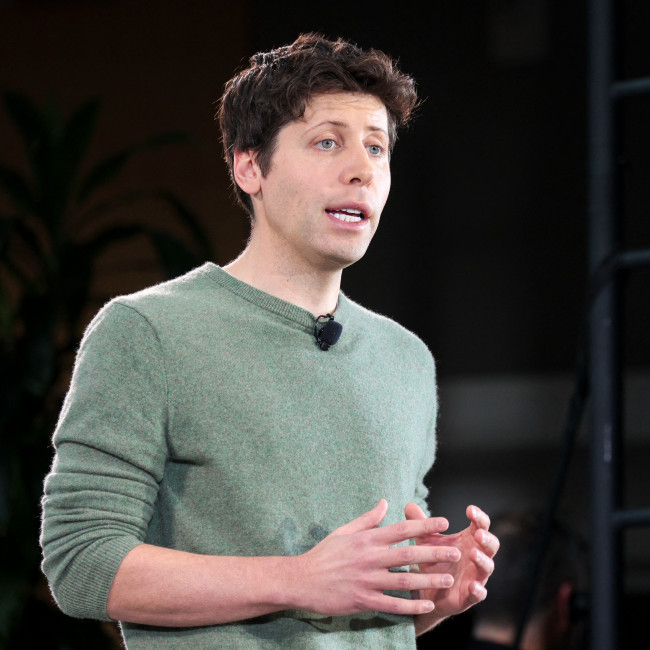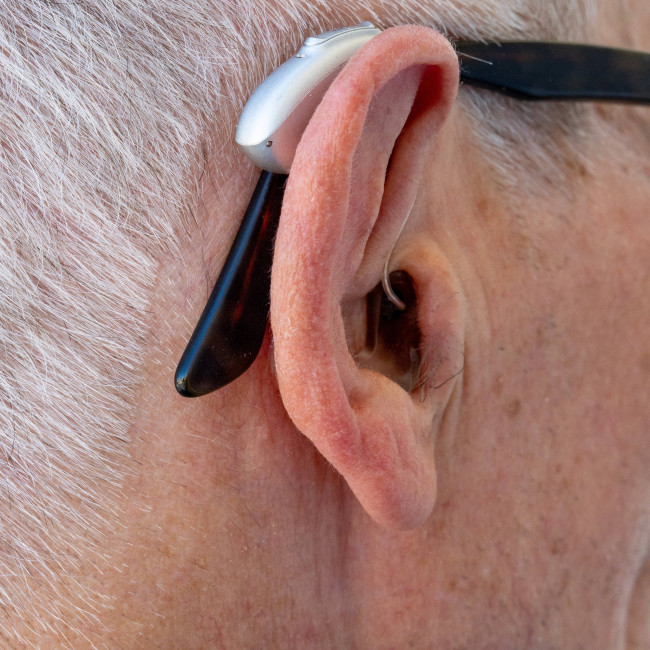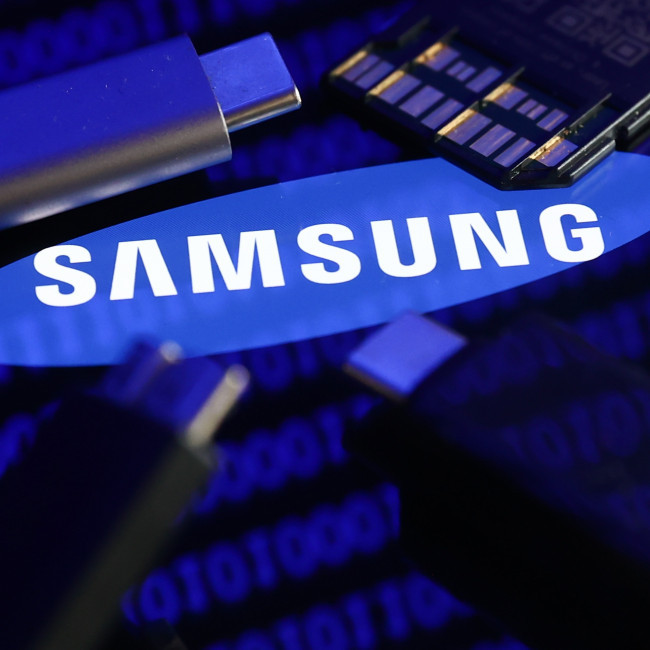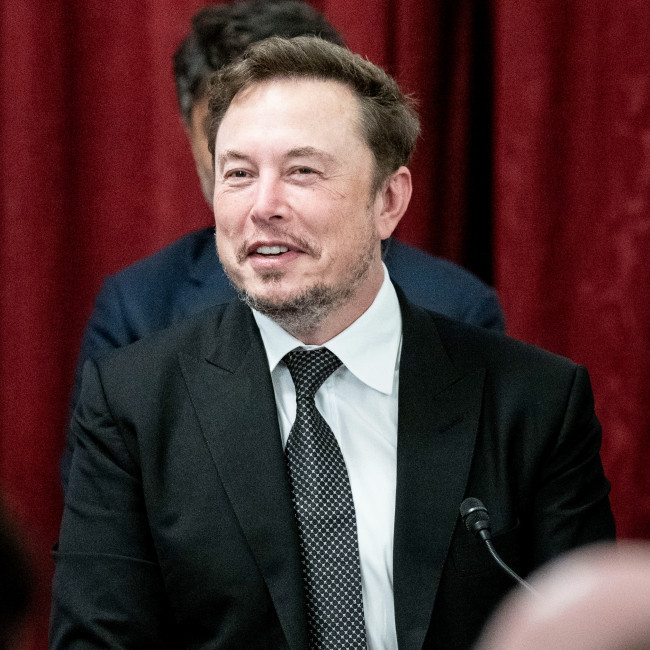OpenAI head Sam Altman has predicted that in just 10 years, college graduates could be stepping into “some completely new, exciting, super well-paid” jobs – not on Earth, but in space.
OpenAI CEO Sam Altman has predicted that college graduates could be stepping into “some completely new, exciting, super well-paid” jobs in space by 2035.
Speaking at a recent event, Altman said rapid advances in artificial intelligence and space technology could create unprecedented opportunities for the next generation entering the workforce.
He told video journalist Cleo Abram: “In 2035, that graduating college student, if they still go to college at all, could very well be leaving on a mission to explore the solar system on a spaceship in some completely new, exciting, super well-paid, super interesting job.”
The prediction comes amid ongoing concerns about the job market for Gen Z, who are struggling with economic uncertainty, rising costs of living and disruptive technological change.
Altman argued that while AI will transform – and in some cases replace – existing roles, it will also open entirely new career paths, particularly as humanity expands its presence beyond Earth.
He explained: “I think the combination of AI and space exploration is going to create opportunities that are as hard for us to imagine now as the internet was for people in 1960.”
Altman’s comments echo a growing sentiment among technology leaders who believe the next wave of high-paying jobs could be tied to space infrastructure, asteroid mining, orbital manufacturing and AI-powered space research.
The ChatGPT boss did not outline specific roles or timelines for these opportunities, but suggested that today’s young students should be prepared to work in industries that do not yet exist.
He said: “This is why education has to change.
“We can’t just prepare people for the jobs that are here now – we have to prepare them for the ones we can’t see yet.”
If his forecast is correct, the graduating class of the mid-2030s may find themselves not commuting to offices, but to orbit.
OpenAI CEO: College grads could land ‘new, well-paid’ space jobs within a decade









